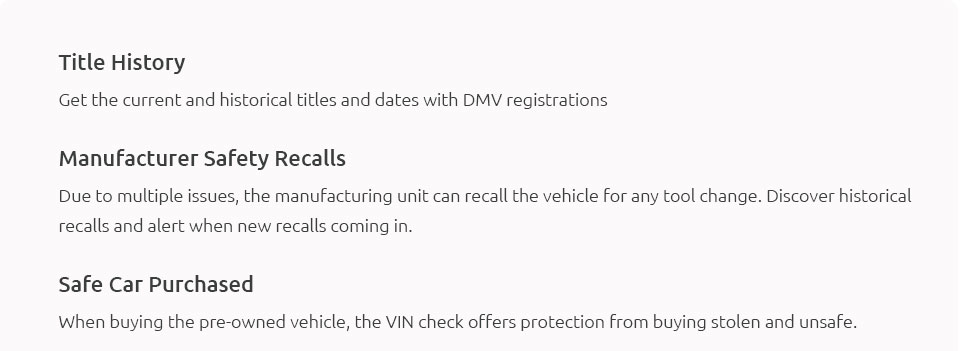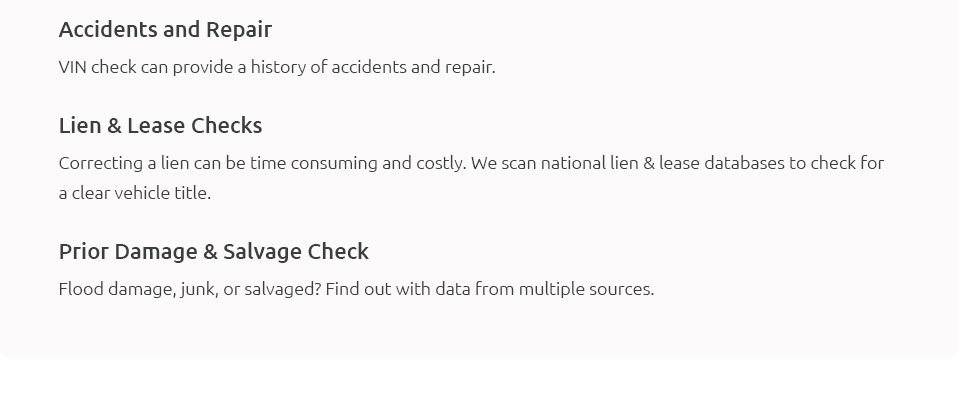 |
 |
 |
||
 |
 |
|
 |
||
 |
 |
 |
 |
||
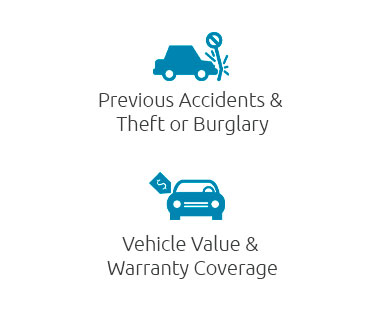 |
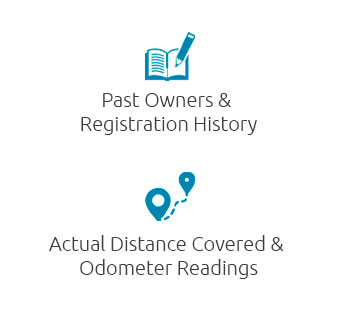 |
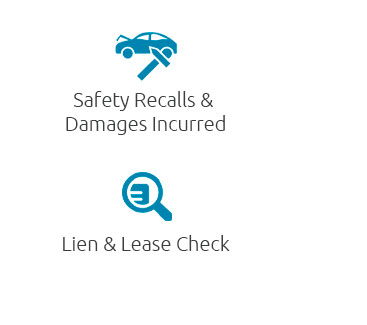 |
 |
 |
||||
|
||||
 |
|
0b1i4shjr79 Understanding Maryland VIN Check: A Comprehensive GuideThe process of purchasing a vehicle, whether new or used, often involves a myriad of considerations and due diligence. Among these, performing a Vehicle Identification Number (VIN) check stands out as a critical step, especially in Maryland. This article aims to unravel the intricacies of a Maryland VIN check, providing insights into its importance, process, and implications for prospective car buyers. Firstly, let’s delve into what a VIN check entails. A VIN is a unique code assigned to every motor vehicle when it's manufactured, serving as its fingerprint. This 17-character string is crucial in identifying specific details about the vehicle, including its make, model, year of manufacture, and more importantly, its history. Conducting a VIN check allows potential buyers to access a treasure trove of information regarding the vehicle’s past, thus safeguarding them against fraudulent sales or undisclosed issues. In Maryland, the significance of a VIN check cannot be overstated. The state’s used car market, much like the rest of the country, is rife with both opportunities and pitfalls. A comprehensive VIN check can reveal whether a car has been involved in accidents, has a salvage title, or even if it has been reported stolen. This level of transparency is invaluable, as it empowers buyers to make informed decisions. The process of conducting a Maryland VIN check is relatively straightforward. Prospective buyers can utilize several online platforms that offer VIN checking services. Many of these services provide basic information for free, but for a more detailed report, a fee is often required. It is advisable to opt for a thorough report, as the insights gained can be instrumental in negotiating the purchase price or deciding against a potentially problematic vehicle. Moreover, the Maryland Department of Transportation Motor Vehicle Administration (MDOT MVA) also provides resources for conducting VIN checks. By leveraging these state-sanctioned tools, buyers can ensure the authenticity and accuracy of the information they receive. It is prudent to compare reports from multiple sources, as discrepancies can sometimes arise due to variations in database updates. Interestingly, while some might view a VIN check as an optional step, I believe it is an essential part of the car-buying process. The peace of mind that comes from knowing a vehicle’s history is well worth the modest investment in a comprehensive VIN report. Furthermore, this proactive approach can save buyers from future headaches, financial losses, and safety concerns.
In conclusion, conducting a Maryland VIN check is a prudent step for anyone in the market for a used vehicle. It serves as a safeguard against potential fraud and provides a clearer picture of what one is investing in. As a prospective buyer, embracing this practice can enhance your purchasing confidence and ensure you drive away with a vehicle that meets your expectations, both mechanically and legally. In the ever-evolving landscape of car sales, knowledge truly is power, and a VIN check is your gateway to that knowledge. https://www.iseecars.com/vin/maryland
Try our comprehensive Maryland VIN checks to get all of the answers you need, make an informed decision and have peace of mind. https://vincheck.info/vin-check/vin-check-by-state/maryland-vin-check
VinCheck.info gathers information on thefts, accidents, sales, titles, specifications, and more from official US government sources across the ... https://goodcar.com/vin-check/maryland
Run a Free Maryland VIN Lookup at GoodCar. A complete VIN check in MD gets a full vehicle history report on accidents, recalls, odometer and more .
|

